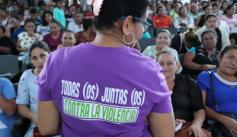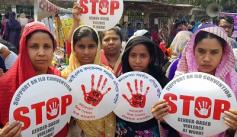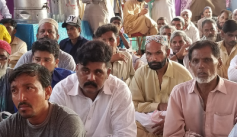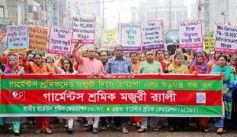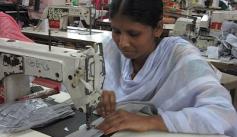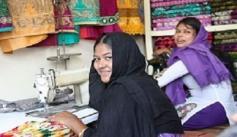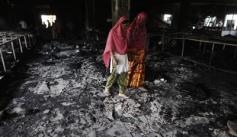Blog: Bangladesh
February 27, 2023
Our Own Best Defense: How Unions Can Stop GBV at Work
June 14, 2019
Families and Labor Leaders Observe 6th Anniversary of Ali Enterprises Fire
September 11, 2018
In Lieu of a Silver Bullet: #metoo in the Global Workplace
January 16, 2018
When Factories Fall, Transparency Matters
April 24, 2017
Pages
Browse blog by issue
- Child Labor (223)
- Forced Labor (35)
- Gender-Based Violence and Harassment (102)
- Health & Safety (38)
- Living Wage (18)
- 1 of 2
- next ›
Browse blog by country
- Bangladesh (39)
- Cambodia (3)
- Colombia (2)
- Cote d’Ivoire (7)
- Ghana (5)
- 1 of 4
- next ›
Blog archive
- March 2025 (2)
- February 2025 (1)
- October 2024 (1)
- August 2024 (1)
- June 2024 (1)
- March 2024 (1)
- February 2024 (1)
- September 2023 (2)
- March 2023 (2)
- February 2023 (1)
- 1 of 17
- next ›

